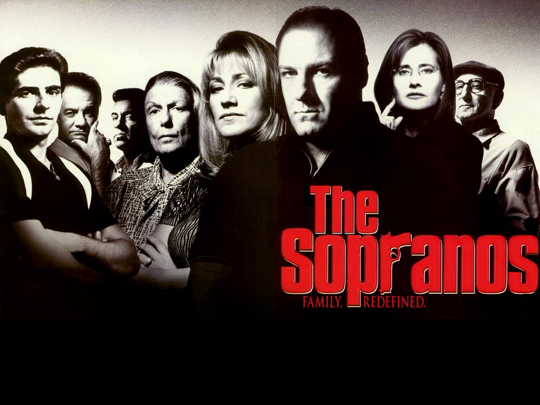The pharmaceutical industry is home to some of the largest and most influential companies in the world, driving innovations that shape global healthcare. These companies not only produce life-saving drugs and treatments but also lead in research and development, addressing some of the most pressing health challenges. From breakthrough cancer therapies to vaccines that save millions of lives, these pharmaceutical giants play a pivotal role in improving public health. In this article, we take a closer look at the top 13 largest pharmaceutical companies worldwide, highlighting their size, impact, and the advancements they continue to bring to the medical field.
Pfizer Inc.
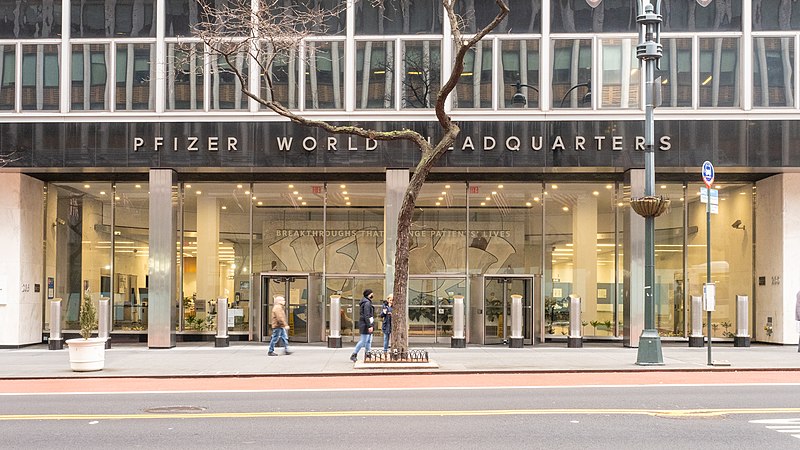
Pfizer, headquartered in New York City, is one of the largest pharmaceutical companies globally, with revenues exceeding $100 billion annually. The company has made significant strides in developing vaccines, most notably its COVID-19 vaccine in partnership with BioNTech. Pfizer’s portfolio spans a wide range of therapeutic areas, including oncology, immunology, cardiology, and neurology. In recent years, Pfizer has become increasingly involved in gene therapy and personalized medicine. With operations in over 150 countries, the company employs more than 90,000 people worldwide. Its market capitalization is often above $200 billion, making it one of the most valuable pharmaceutical companies in the world. Despite competition from generics, Pfizer’s consistent pipeline of groundbreaking drugs ensures its dominance in the industry.
Johnson & Johnson
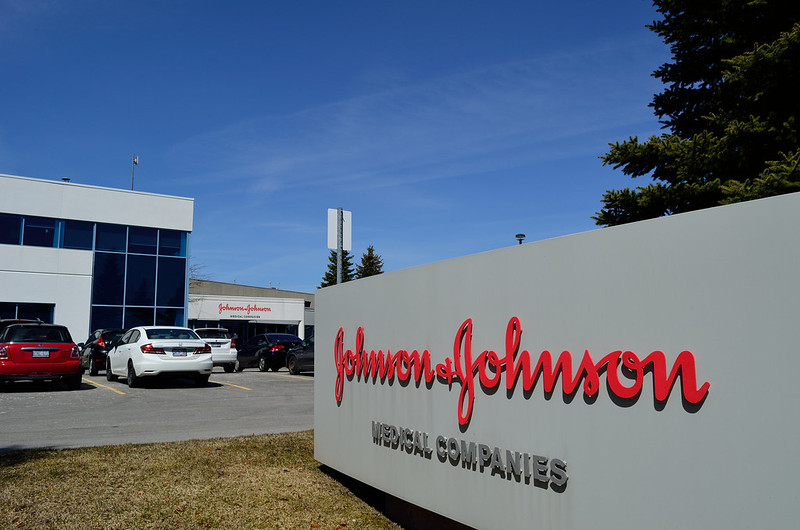
Johnson & Johnson, with its roots in New Brunswick, New Jersey, is a diversified healthcare giant. Apart from pharmaceuticals, it also leads in medical devices and consumer health products, which helps it maintain a robust market presence. The company’s pharmaceutical division focuses on immunology, oncology, neuroscience, and infectious diseases, driving its revenue growth. Its Janssen division has produced numerous market-leading drugs, including treatments for HIV and cancer. With a workforce of over 130,000 employees, J&J operates in more than 60 countries. Annual revenues consistently surpass $90 billion, with a large portion coming from its pharmaceutical segment. The company’s vast scale and extensive product line contribute to its continued dominance in the global healthcare market.
Roche Holding AG
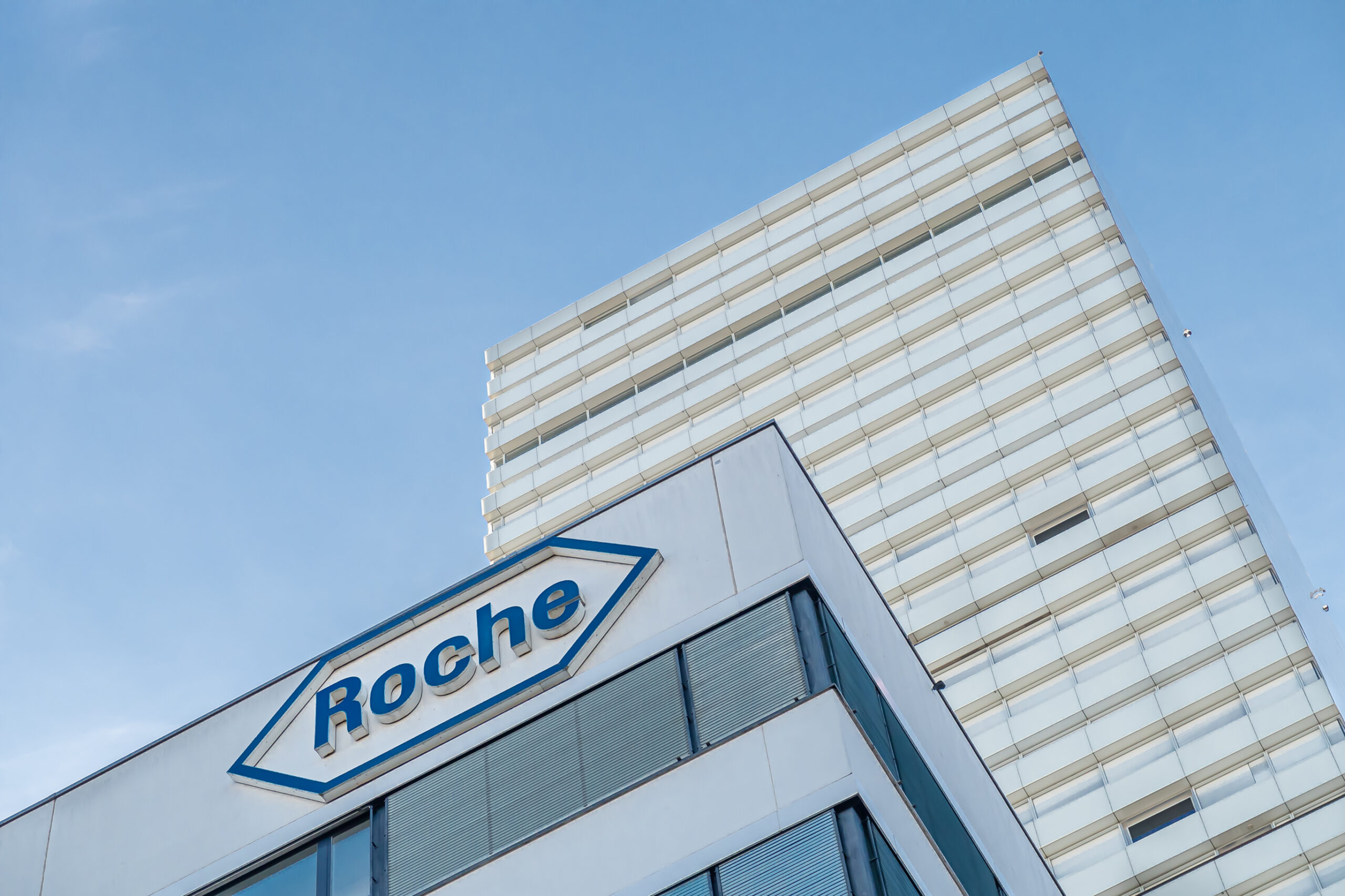
Headquartered in Basel, Switzerland, Roche is known for its pioneering work in cancer treatments, particularly through its oncology division. The company is also a leader in diagnostics and personalized healthcare, ensuring it plays a critical role in the healthcare ecosystem. Roche’s annual revenue is over $60 billion, with a significant chunk coming from its biologics portfolio, which includes therapies like Avastin and Herceptin. The company has made considerable advancements in molecular diagnostics, a growing field that complements its drug offerings. Roche is consistently ranked among the top pharmaceutical firms in the world and continues to innovate through investments in digital health and artificial intelligence. It employs over 100,000 people globally and maintains a strong presence in research and development. Roche’s commitment to oncology and immunology ensures it will remain a dominant player in the pharmaceutical industry for years to come.
Novartis International AG
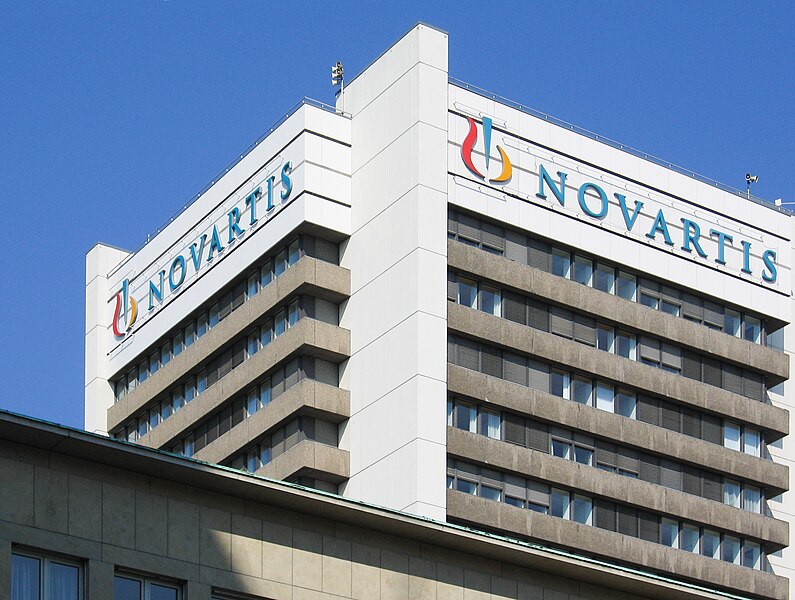
Novartis, another major Swiss player in the pharmaceutical industry, has a vast portfolio that includes treatments for cancer, cardiovascular diseases, and rare conditions. The company’s annual revenue exceeds $50 billion, with a strong emphasis on oncology and immunology drugs. Novartis’s research and development arm is known for its cutting-edge gene therapies and biologics, positioning it at the forefront of modern medicine. In addition to traditional pharmaceuticals, the company has expanded into eye care through its subsidiary, Alcon, and offers a broad range of over-the-counter products. Novartis operates in over 140 countries and employs over 100,000 people. It has a long-standing reputation for producing high-quality, effective drugs and therapies. Its sustained focus on innovation, particularly in the fields of gene editing and immunotherapy, ensures its continued leadership in the global pharmaceutical market.
Sanofi
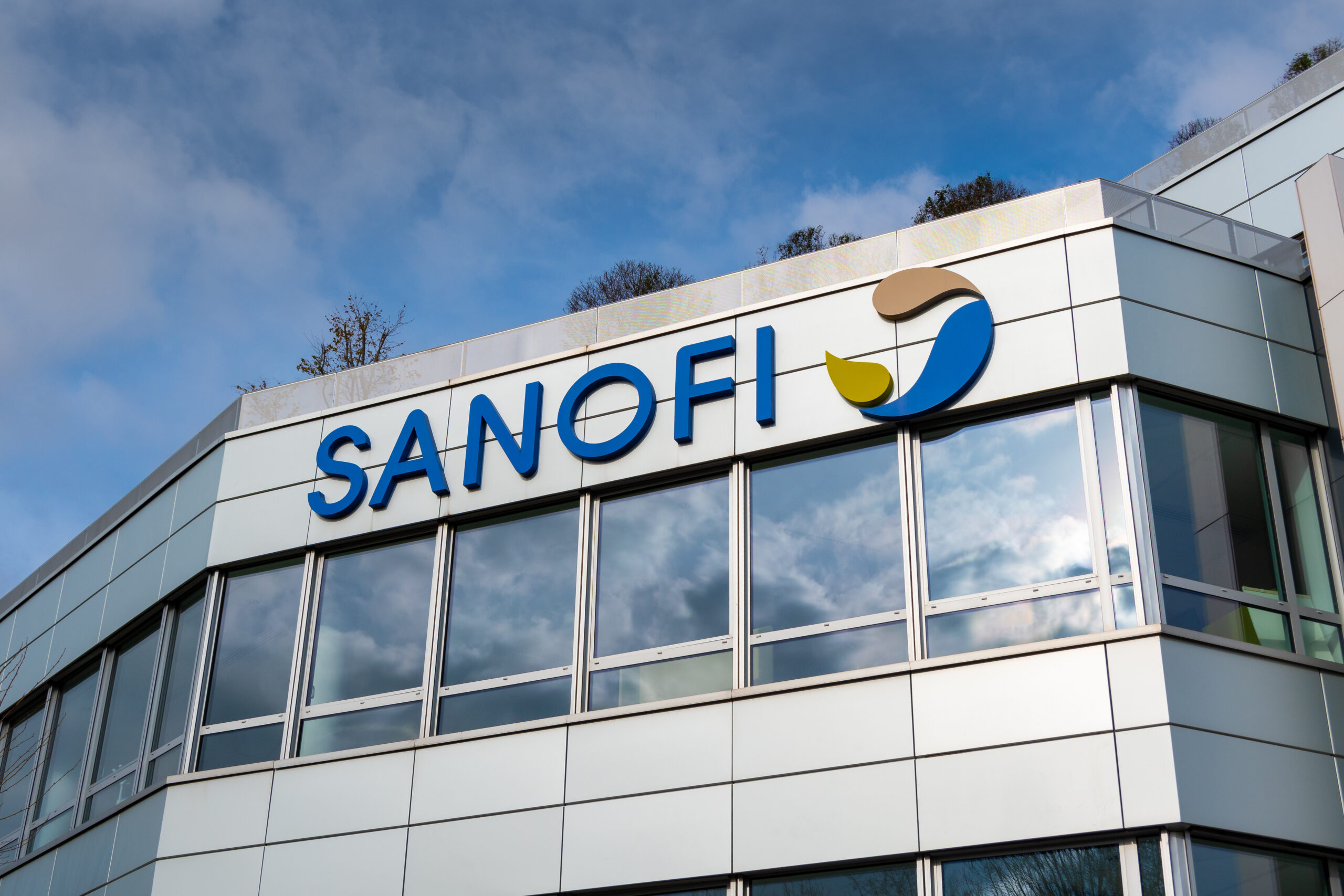
Based in Paris, France, Sanofi is a global leader in the biopharmaceutical sector, with particular expertise in rare diseases, diabetes, and vaccines. The company’s total revenue regularly exceeds $40 billion, with a large share coming from its diabetes treatments and vaccines division. Sanofi has a robust pipeline in immunology and oncology, and its biologic products are critical to the company’s future growth. With a presence in over 100 countries, Sanofi employs nearly 100,000 people worldwide. Its vaccine division, Sanofi Pasteur, is one of the largest in the world, producing vaccines for a variety of infectious diseases. Sanofi has also made considerable investments in developing rare disease treatments, positioning it as a leader in this niche market. The company’s long-standing focus on global health issues has solidified its place as one of the world’s most prominent pharmaceutical giants.
Merck & Co.
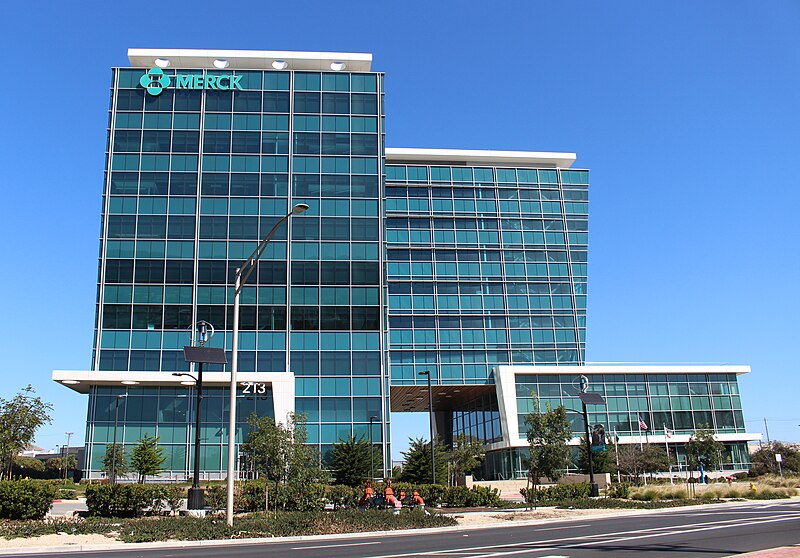
Merck & Co., known as MSD outside the U.S. and Canada, is a leading global pharmaceutical company based in Kenilworth, New Jersey. With annual revenues surpassing $50 billion, Merck’s products span multiple therapeutic areas, including oncology, cardiology, and vaccines. The company’s immuno-oncology drug, Keytruda, has become a top-seller, contributing significantly to its financial growth. Merck is also known for its work in infectious diseases, particularly vaccines like the ones for HPV and pneumonia. The company operates in over 140 countries and employs over 70,000 people globally. In recent years, Merck has been at the forefront of research into next-generation cancer therapies and antivirals. Merck’s substantial investment in R&D continues to fuel its reputation as an industry leader.
AbbVie Inc.
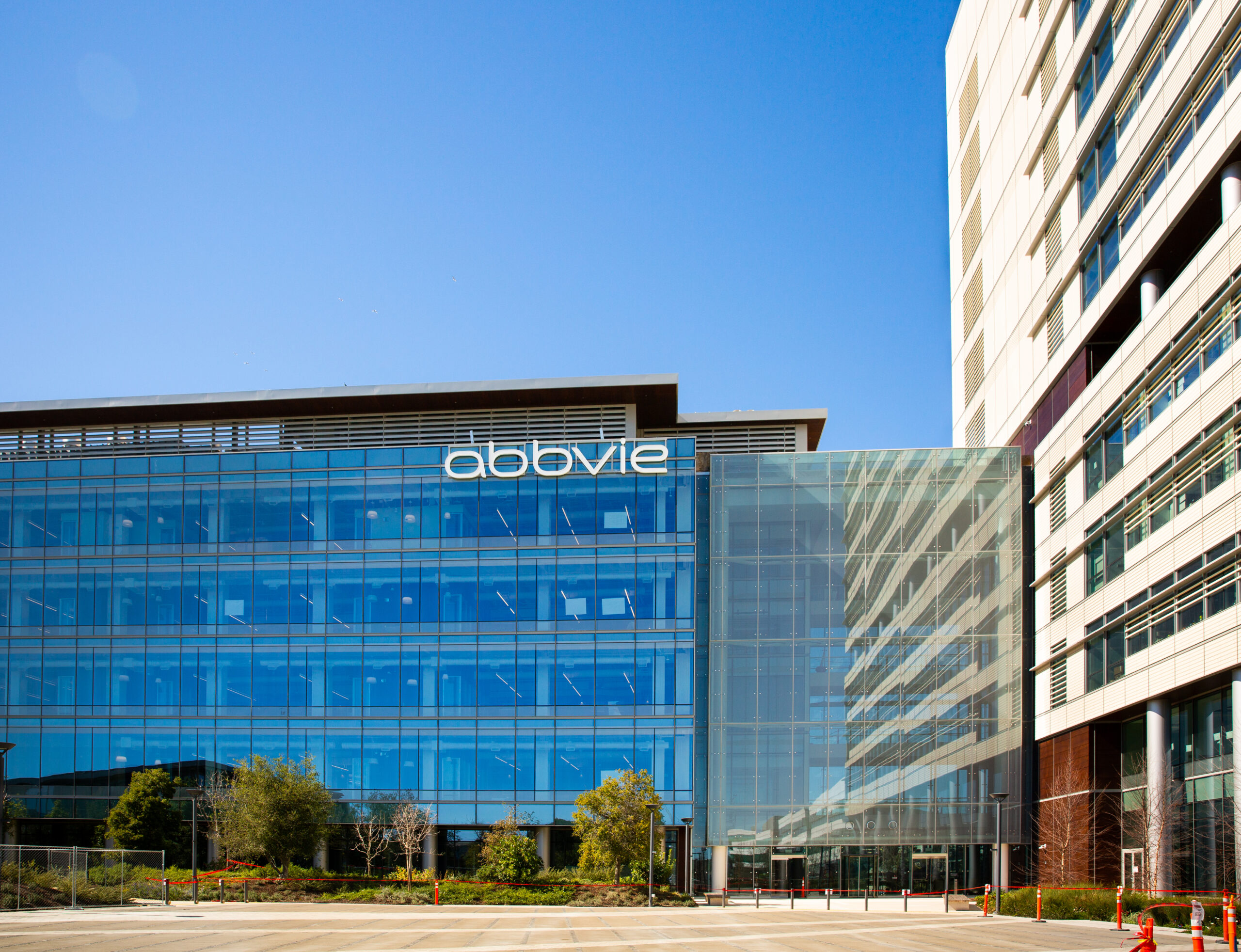
AbbVie, based in North Chicago, Illinois, is a biopharmaceutical company with a strong focus on immunology, oncology, and neuroscience. Its blockbuster drug, Humira, has been one of the world’s top-selling drugs for years, though AbbVie is preparing for its eventual patent expiration. AbbVie’s total revenue is consistently above $50 billion, with a large portion of that coming from its immunology portfolio. The company is also investing heavily in gene therapy, neuroscience, and rare diseases, ensuring future growth. AbbVie operates in over 70 countries, employing over 47,000 people worldwide. In 2020, AbbVie acquired Allergan, a leader in eye care and aesthetics, significantly expanding its product line. This acquisition allowed AbbVie to diversify its offerings and strengthen its position in the global pharmaceutical market.
AstraZeneca
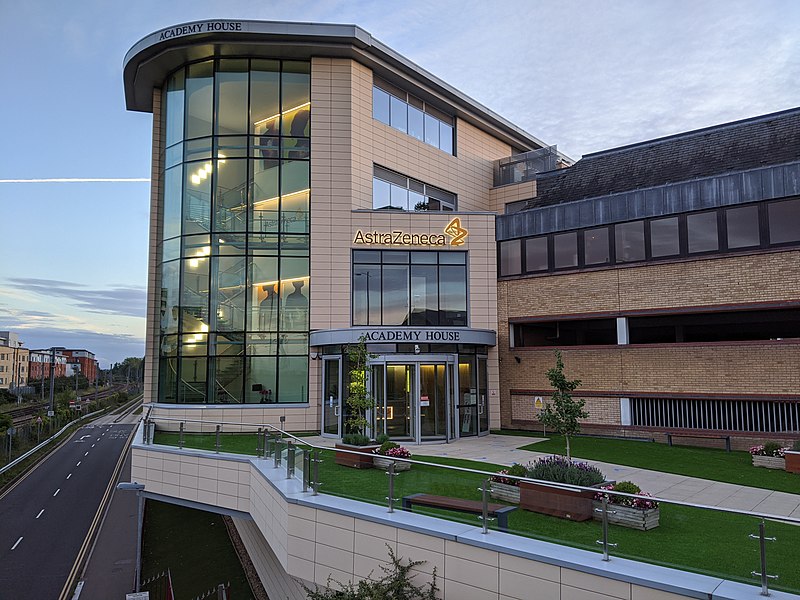
AstraZeneca, headquartered in Cambridge, UK, is a global pharmaceutical company with a focus on oncology, cardiovascular, and respiratory diseases. The company achieved a major milestone with its development of one of the first COVID-19 vaccines, which boosted its profile during the pandemic. With annual revenues exceeding $30 billion, AstraZeneca continues to see strong growth driven by its oncology pipeline, including drugs like Tagrisso and Imfinzi. AstraZeneca’s commitment to innovation has led to groundbreaking advancements in cancer treatments and immunotherapies. The company operates in over 100 countries and employs more than 70,000 people. AstraZeneca has made significant inroads in biopharmaceuticals, especially in immuno-oncology, where its therapies are reshaping the landscape of cancer treatment. With a focus on long-term growth, AstraZeneca remains a key player in the global pharmaceutical sector.
GlaxoSmithKline (GSK)
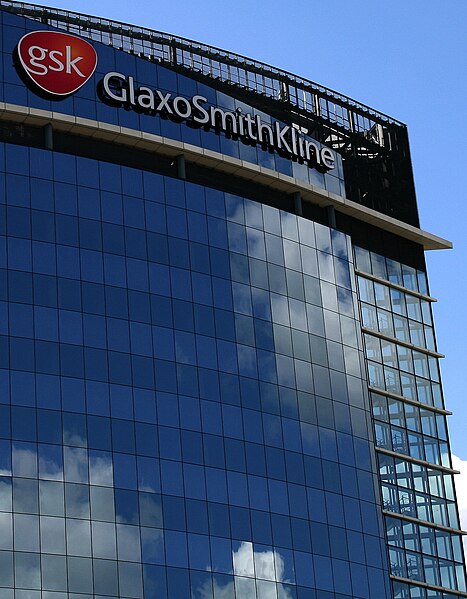
GlaxoSmithKline, headquartered in Brentford, UK, is a global leader in pharmaceuticals, vaccines, and consumer healthcare products. The company’s revenue exceeds $40 billion annually, with a significant portion coming from its vaccine division, which produces vaccines for pneumonia, flu, and other infectious diseases. GSK’s commitment to innovation has led to the development of several high-impact drugs, particularly in respiratory and immunology. The company operates in over 100 countries and employs more than 100,000 people worldwide. GSK has been actively working to expand its presence in emerging markets, where the demand for its vaccines and health products continues to grow. The company is also heavily investing in biotechnology and artificial intelligence to advance its drug discovery capabilities. With a focus on public health and global accessibility, GSK remains a dominant force in the pharmaceutical industry.
Bristol-Myers Squibb

Bristol-Myers Squibb (BMS), headquartered in New York City, is one of the largest global biopharmaceutical companies, with a focus on oncology, immunology, and cardiovascular diseases. With annual revenues exceeding $45 billion, BMS’s pipeline is rich in cutting-edge therapies, particularly in immuno-oncology. The company is best known for its immunotherapy drug, Opdivo, which has revolutionized cancer treatment. Bristol-Myers Squibb’s market leadership is also supported by its strong portfolio in cardiovascular and autoimmune disease treatments. The company operates in more than 60 countries and employs over 30,000 people worldwide. Recent acquisitions, including the purchase of Celgene, have further strengthened BMS’s position in the global pharmaceutical market. BMS’s continued investment in research and development ensures its place as a leader in biopharmaceutical innovation.
Gilead Sciences

Gilead Sciences, headquartered in Foster City, California, specializes in antiviral drugs, particularly for HIV, hepatitis, and COVID-19. With a revenue of around $27 billion, Gilead has revolutionized the treatment of HIV with its combination therapies. Its product portfolio also includes groundbreaking treatments for liver diseases, cancer, and inflammatory conditions. Gilead is deeply committed to the discovery and development of medicines that address unmet medical needs. The company has partnerships with other biopharmaceutical firms to accelerate research in areas like gene therapy and cell-based treatments. Gilead’s work in the COVID-19 pandemic with remdesivir showed its ability to quickly adapt to emerging health threats. With a global workforce and operations in over 30 countries, Gilead’s impact is felt worldwide.
Eli Lilly and Company
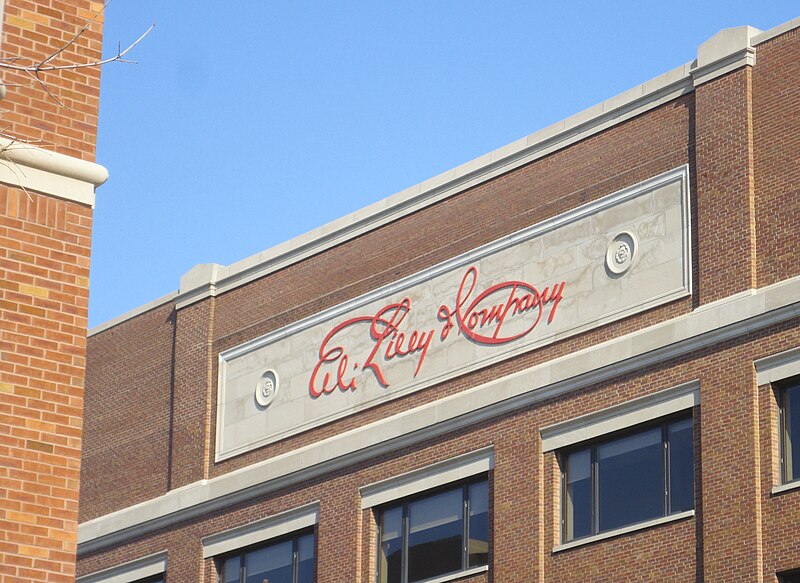
Eli Lilly, based in Indianapolis, Indiana, is a leading player in the global pharmaceutical industry, with annual revenues of more than $35 billion. The company is renowned for its diabetes treatments, including its insulin products, which are among the most widely used worldwide. Lilly’s portfolio also includes medications for oncology, autoimmune diseases, and neurodegenerative disorders. The company has made significant strides in Alzheimer’s research, with drugs like Donanemab showing promise in clinical trials. Eli Lilly is heavily invested in biotechnology, especially in monoclonal antibodies and gene therapy. Its research operations span multiple continents, with a focus on improving global access to life-saving medications. Lilly’s legacy of innovation continues to shape the future of healthcare.
Amgen Inc.
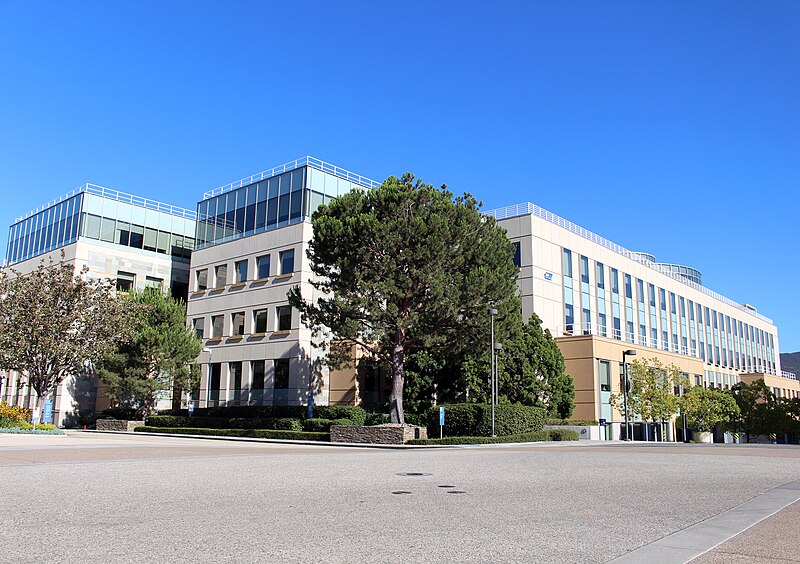
Amgen, based in Thousand Oaks, California, is a biotechnology firm with a focus on oncology, hematology, and cardiovascular diseases. With revenues approaching $27 billion, Amgen is one of the largest independent biotech companies in the world. Its flagship drugs include Enbrel, Neulasta, and Prolia, all of which are used in the treatment of autoimmune disorders and cancers. Amgen invests heavily in genetic engineering and gene therapies to address complex diseases. The company is also focusing on the development of novel cancer immunotherapies. Amgen’s global operations span over 100 countries, with thousands of employees dedicated to advancing science. Through its research, the company strives to make medicines more affordable and accessible.
This article originally appeared on Rarest.org.
More From Rarest.Org
Home design is constantly evolving, with new trends shaping how we live and interact with our spaces. Over the years, innovations in style, technology, and sustainability have completely reshaped interior design, offering fresh ways to approach everything from furniture layouts to material choices. Read more.
Television has evolved dramatically over the years, with certain shows leaving an indelible mark on the entertainment industry. From groundbreaking storytelling to revolutionary formats, these trailblazing TV shows not only captivated audiences but also reshaped how we think about television. Read more.


